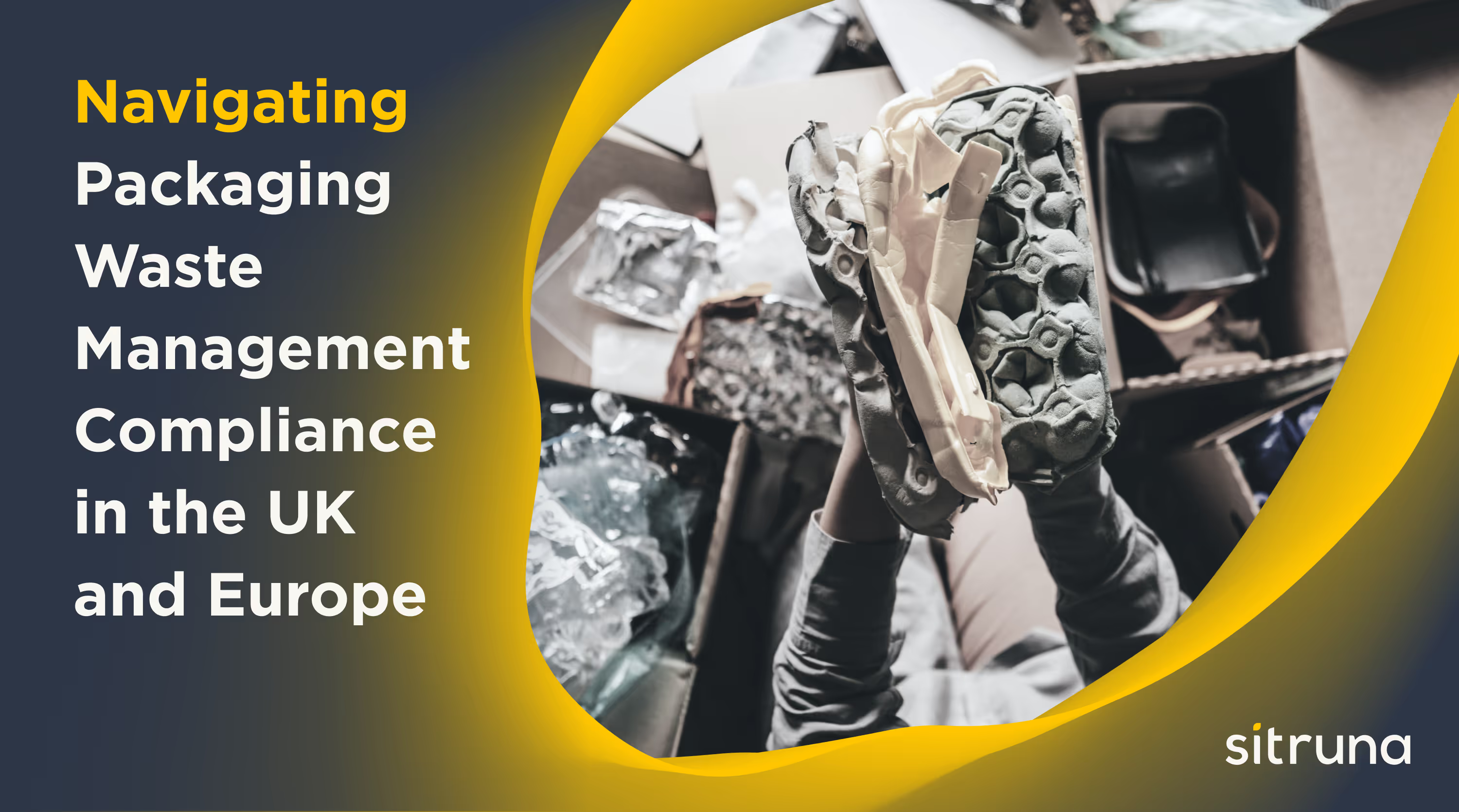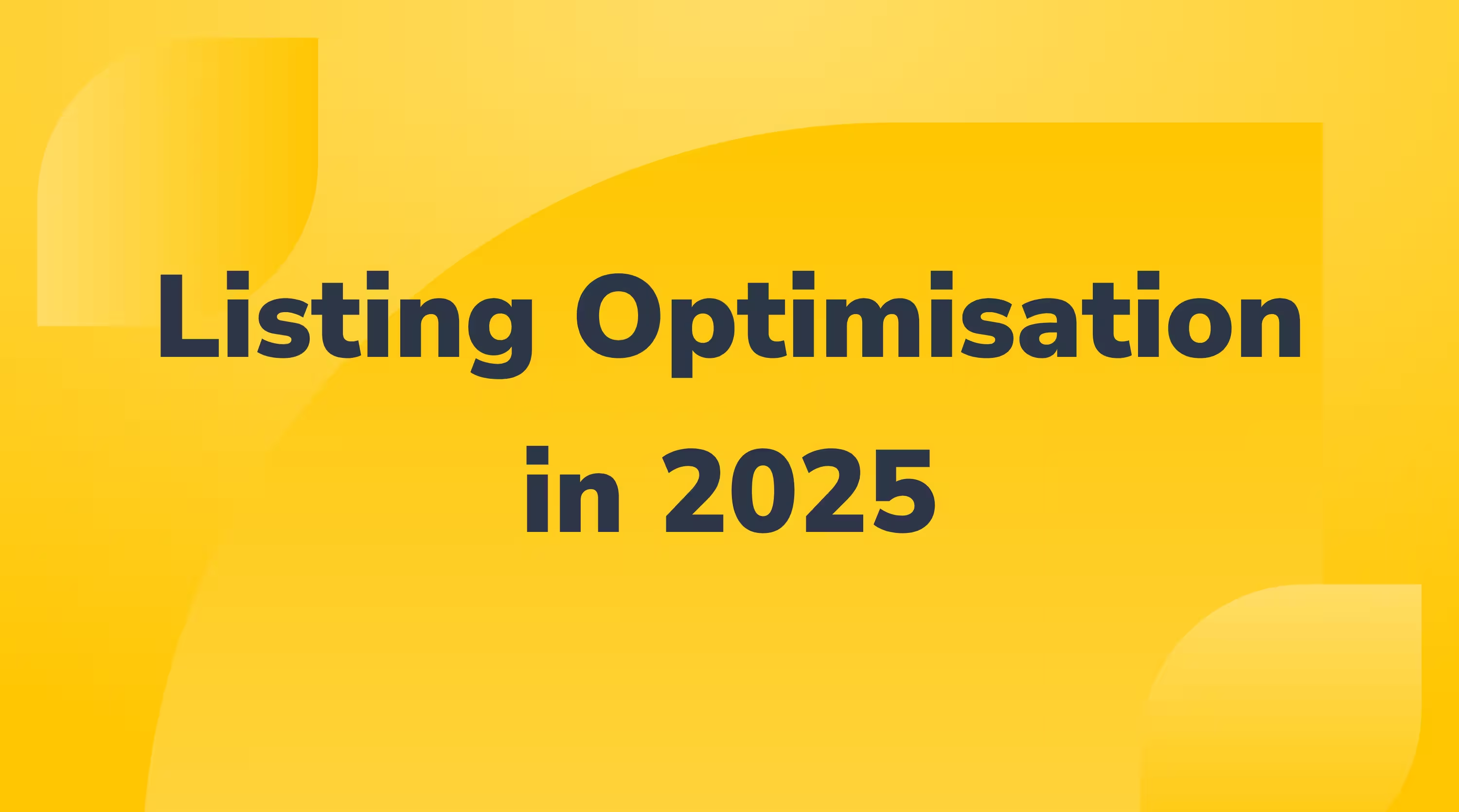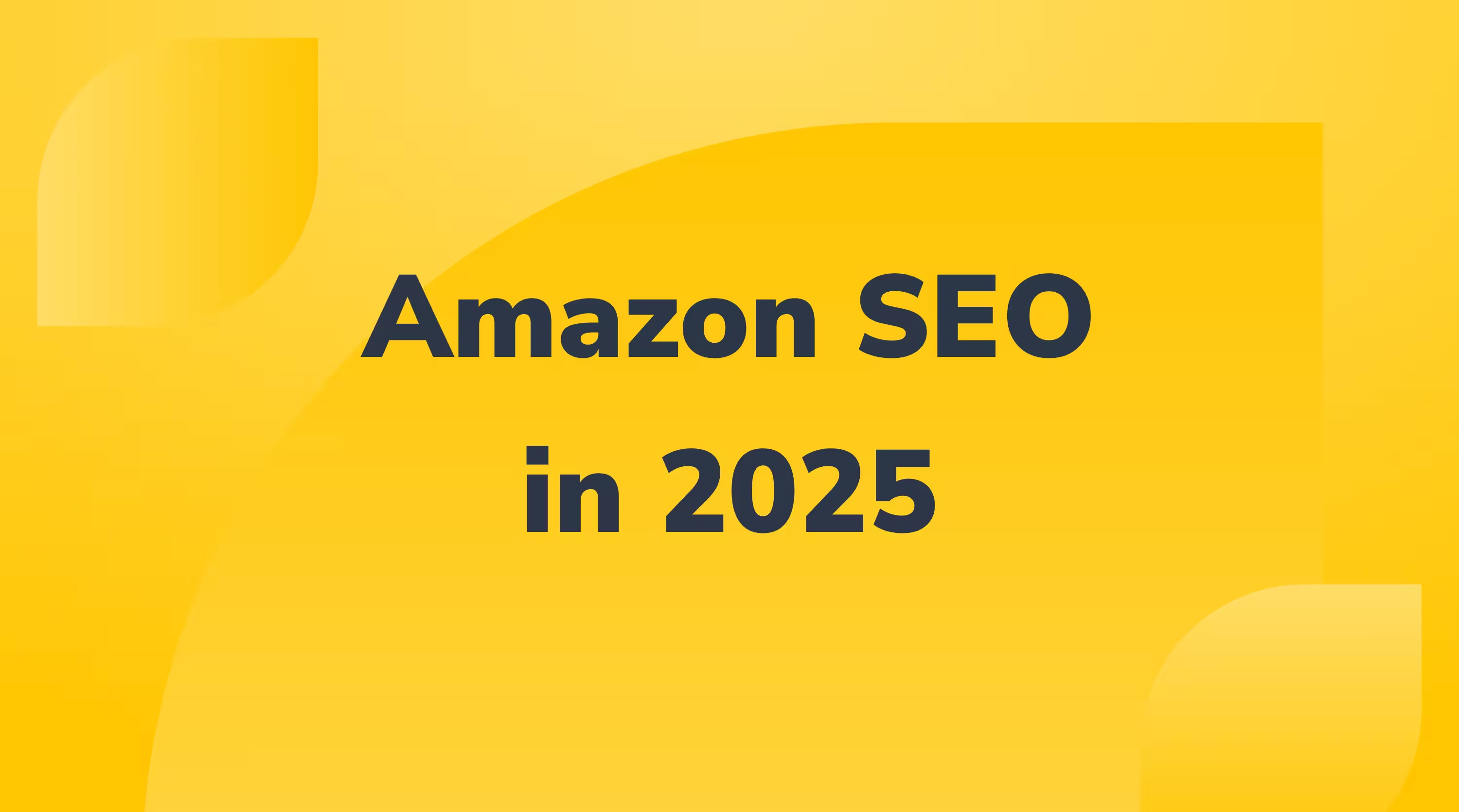Navigating Packaging Waste Management Compliance in the UK and Europe.

In today’s blog, we’re diving into the world of packaging—specifically, how to keep it all above board with DEFRA’s Extended Producer Responsibilities in the UK, and the EU’s own twist on Waste Management Registration (spoiler: it changes with the scenery!). Governments are stepping up their game, insisting businesses take charge of their packaging’s end-of-life. And yes, it’s the top brass's job (that’s you, the directors!) to ensure your company’s not overspending on waste disposal. So here’s a brief rundown of what you need to know.
EPR Registration in the UK.
Until recently, the statutory responsibility for disposing of waste rested solely with the government and local authorities, leaving the taxpayer to saddle the cost.
Moving forward, from the 1st of April 2024, companies that meet either of the following criterias will have to comply with waste recording requirements in order to receive their Packaging Waste Recycling Note (PRN) - essentially a certificate of compliance to be able to trade online.
Small and Large Company Criteria:
The Government Guidance gives a detailed breakdown but essentially, you’re classed as a small organisation if either of the following apply:
- your annual turnover is between £1 million and £2 million and you’re responsible for supplying or importing more than 25 tonnes of empty packaging or packaged goods in the UK
- your annual turnover is over £1 million and you’re responsible for supplying or importing between 25 tonnes and 50 tonnes of empty packaging or packaged goods in the UK
You will be classed as a large organisation if both of the following apply:
- you have an annual turnover of £2 million or more
- you’re responsible for supplying or importing more than 50 tonnes of empty packaging or packaged goods in the UK
The implications:
In 2023 and 2024, small organisations will only need to collect data. Small organisations will begin reporting data in 2025 and they’ll report once a year.
The data you collect must include the following categories:
- packaging activity – for example, supplying under your brand, packing or filling, or importing
- packaging type – for example, if the packaging is household or non-household
- packaging class - whether the packaging is primary, secondary, shipment or tertiary
- packaging material and weight
The packaging data can be submitted through the government’s portal and an account can be created here.
Similarly, large organisations will have to collect the same data but this will be submitted every 6 months and used to calculate their waste management fee which is necessary to receive their PRN.
The Grey Areas:
Sorting out your product waste just got a tad more interesting—and by interesting, I mean a little complicated. Why? Well, because not everything in the recycling bin plays by the same rules. Take your everyday drink container, for example. It's not just a bottle; it's a bottle with a label, a lid, and sometimes even more bits and pieces.
Here's the scoop: Until the end of 2023, when you're doing your eco-homework and figuring out what goes where, you had to think of these drink containers as a bit of a puzzle. Each piece (like the label and the lid) had its own spot in the recycling story.
But, plot twist! Starting January 1st, 2024, it's all about keeping it simple. Only the extra bits of glass containers need to go under the spotlight separately—as the main stars of the recycling show. Everything else? Just consider it a single item. This new rule is like saying, "Hey, let's not overcomplicate things. If it's one container, let's count it as one, except for those special glass bits."
Hopefully, this complexity illustrates how, in order to accurately log your product data, you need to have a good understanding of the changing regulatory frameworks and how to navigate them.
EU Countries EPR Registration and Germany’s LUCID Portal.
All EU member states must report to the European Commission on the implementation of the EU waste laws, including reporting their progress towards waste collection targets.
Similarly to the UK, at this exact moment in time, an EPR registration number is not required to trade. However, this is due to change rapidly with Germany at the forefront having required a PRN number since 2022 to trade online. This is therefore a requirement in order to sell on Amazon Germany and can be done through signing up on their LUCID Portal.
Again, this necessitates the correct categorisation of goods to be compliant. We would always advise sellers who are unsure to seek an expert opinion and avoid taking on unnecessary risk. Ultimately, the waste removal fee is relatively low (approximately 50 euros for small organisations but the loss of sales from having listings suspended or permanently removed can be far in excess of this.
Next Steps - eliminating the doubt.
And there we have it, folks! We've trekked through the regulatory jungle, unearthing the secrets to keeping your business on the straight and narrow as you leap into new markets or just want to keep everything above board. It’s a wild ride, full of twists, turns, and the occasional loop-the-loop, all in the name of growing your business and staying compliant.
Feeling a bit lost in the maze of rules and regs? Curious about how all this applies to your own business? Don’t sweat it! We’re here to guide you through, step by step. Drop us a line for a no-strings-attached chat.



